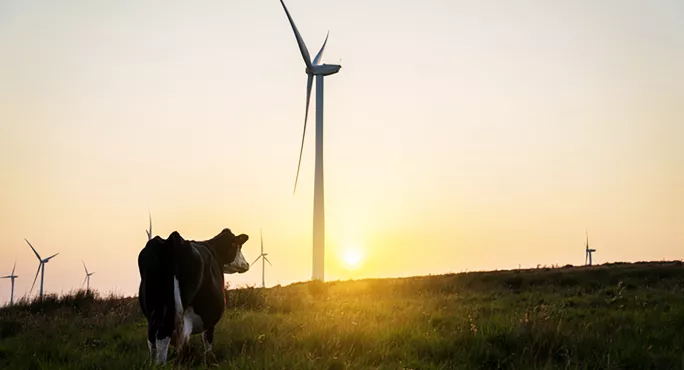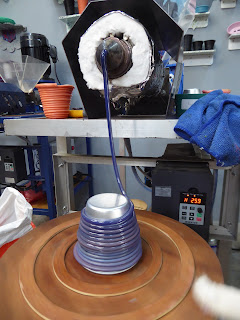I'm pleased to share my TES article concerning the drive to appoint teachers as leaders in sustainability in schools across England. It is likely many international schools around the world will follow suit.
The Department of Education has set a deadline for all maintained settings to have designated someone to the role by 2025.

I work in a large international school here in Bangkok and I'm one of two Sustainability Leads driving green issues forward inside and outside of the curriculum for our primary aged-pupils.
When my colleague left last year, I was asked to design the interview questions and sit on the panel to appoint her replacement.
Many new sustainability leads are likely to go unpaid and be chosen as someone willing to give it a go.
My view is that this doesn't take the area seriously enough. It is crucial for education to address sustainability, if it is to meet the needs of future generations.
This means formal interviews seeking to identify the right person for the job and - if they can afford it - schools should be paying teachers to take on the challenge.
The article provides senior leadership teams in a variety of settings with the questions we asked our interviewees - and explains why we asked them.
Here are the original 10 questions, I proposed:
1. Can you describe an educational sustainability project that you were involved in that had an impact? What went well? What were the challenges?
2. The science behind sustainability can lead to worrying conclusions. Eco-anxiety is increasingly recognised as affecting young people. What would be your approach to this with our children?
3. How do we bring sustainability into our curriculum?
4. How would you respond to a parent who doesn’t see the relevance of sustainability to their child’s education?
5. Can you describe a climate change or sustainability success story from the wider world that has inspired you recently?
6. What sparked your passion for sustainability? (Or what personal sustainability practices do you utilize in your everyday life?)
7. How would you motivate or inspire less enthusiastic or confident colleagues to introduce more learning about sustainability into the curriculum?
8. What support would you need if you were appointed to the role?
9. Is it important to empower children to take action on Sustainability? Why? Why not? How would you support child led change?
10. How would you involve the whole community?
Feel free to reach out to me if you are appointing in this space or if you a potential candidate in your school - I'd be happy to answer any questions you may have!








